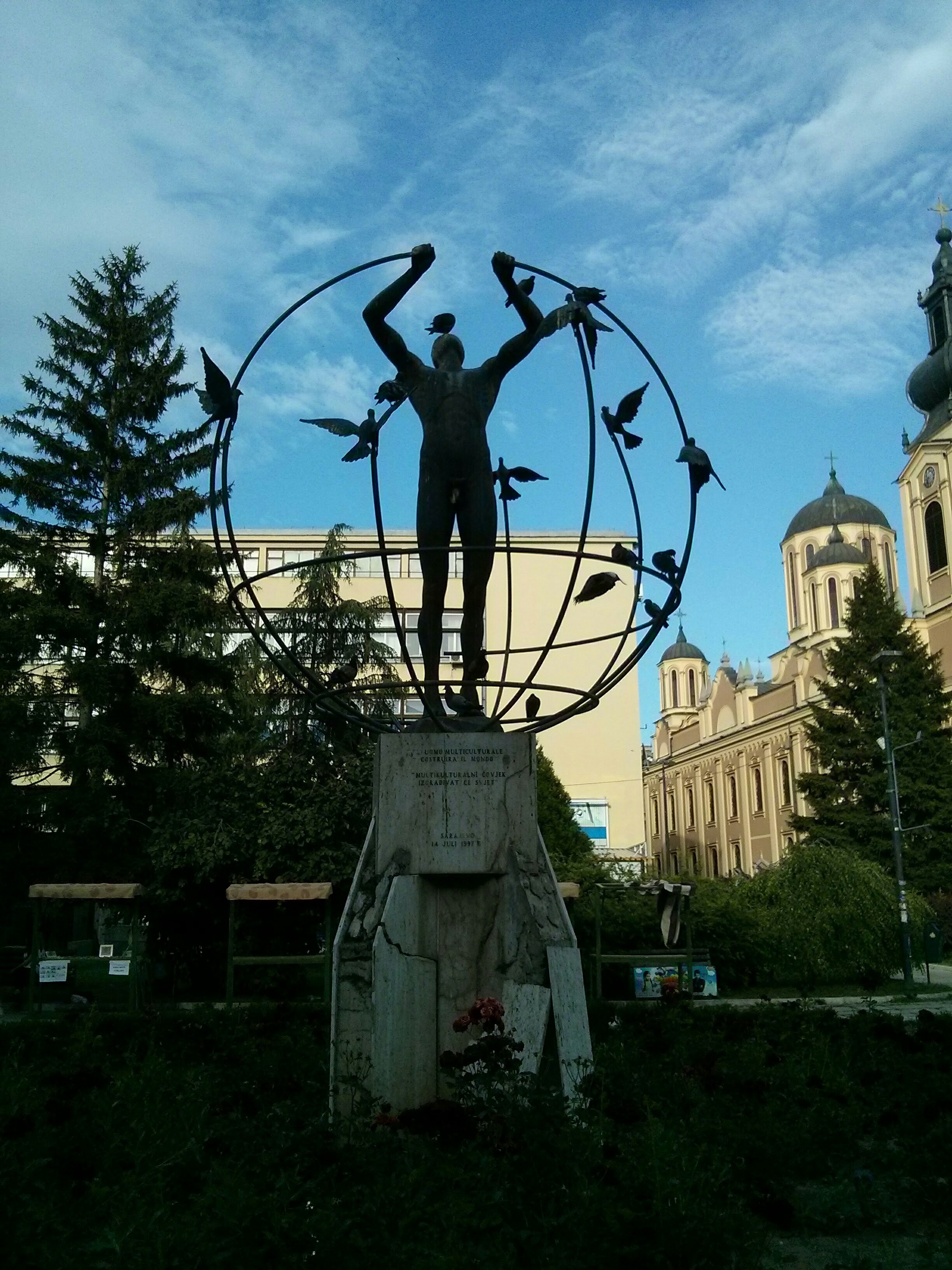The pursuit of justice in the aftermath of mass atrocity and gross human rights violations has become a norm in a globalised post-Cold War world. It rests on the premise that states and societies ought to engage with their difficult pasts in order to transition from conflict to peace. Provisions including redress for human rights violations have now become the staple of peace-agreements, whether through retributive instruments such as war crimes trials or restorative instruments such as truth commissions and reparations. We also introduce a relatively new instruments, such as art and highlight the importance of memory/forgetting and emotions in the transition process. However, instead of promoting peace and reconciliation, transitional justice has often had the opposite impact: it has further divided ethnic communities, distorted the truth about suffering, and traumatised rather than dignified the victims. With a focus on Europe’s contribution to global transitional justice norm and policy, this course examines how the pursuit of post-conflict justice is theorised and tackles the puzzle of its unintended effects on peace-building in post-conflict societies.
Image: Francesco Perilli's 'The Monument to Multiculturalism' in Sarajevo, photo by Denisa Kostovicova
EU485 - Post-Conflict Justice and Reconciliation in Europe and Beyond
The pursuit of justice in the aftermath of mass atrocity and gross human rights violations has become a norm in a globalised post-Cold War world. It rests on the premise that states and societies o...